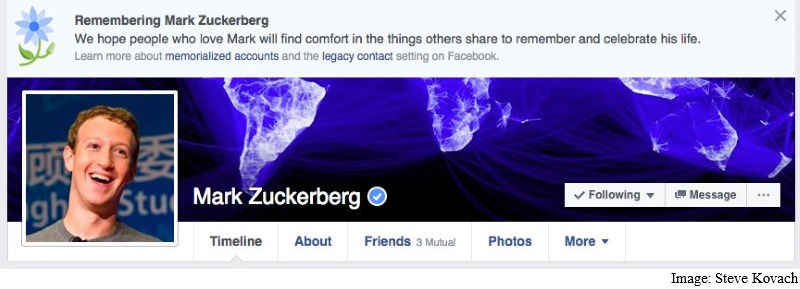
I heard this phrase - paranoia-as-a-service - for the first time recently, but I'm hearing paranoia in banking mentioned more and more often. It's not surprising after the tesco hack, but what can you do about it? If banks are meant to be the most secure stores of value in this world, then how can they guarantee they are secure?
I've used this debate in the past. In particular I've argued that banks should advertise that they're bulletproof data stores. After all, that should be a banks' unique selling point. Others get hacked, we don't. Specifically, for example, why should I trust my memories to Facebook when they're so obviously flakey?
But banks won't make this claim - we're bulletproof - because they worry they might not be. And that's the problem, isn't it? If a bank worries they might get hacked, then they know they have a weakness. If they know they have a weakness, a hacker will find it.
So here's the paranoid piece. Banks know they have a weakness a hacker might find, which is why they won't claim to be bulletproof. But if they aren't bulletproof, and they know it, why should I trust them with my money?
Chris M Skinner
Chris Skinner is best known as an independent commentator on the financial markets through his blog, TheFinanser.com, as author of the bestselling book Digital Bank, and Chair of the European networking forum the Financial Services Club. He has been voted one of the most influential people in banking by The Financial Brand (as well as one of the best blogs), a FinTech Titan (Next Bank), one of the Fintech Leaders you need to follow (City AM, Deluxe and Jax Finance), as well as one of the Top 40 most influential people in financial technology by the Wall Street Journal's Financial News. To learn more click here...

